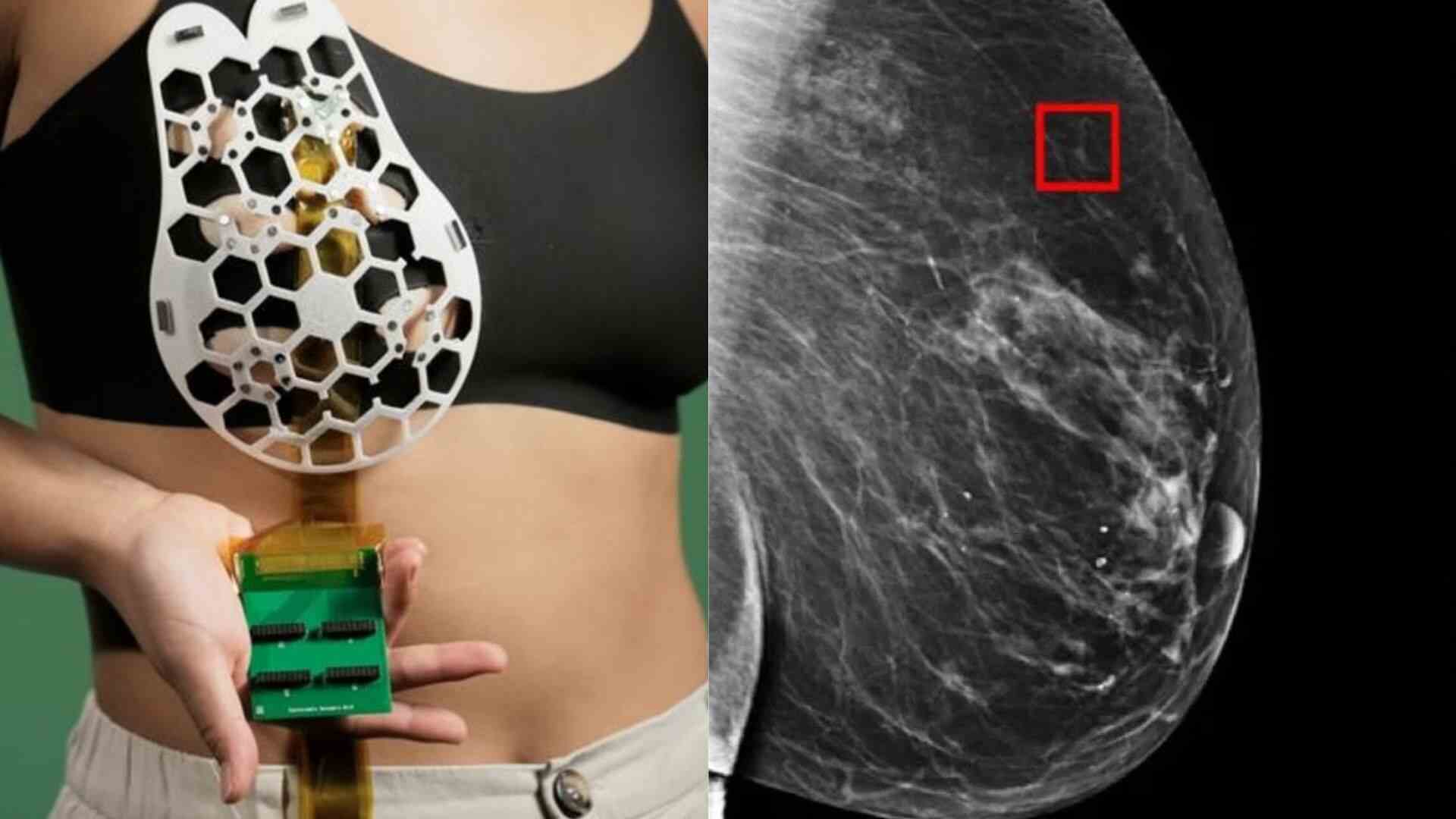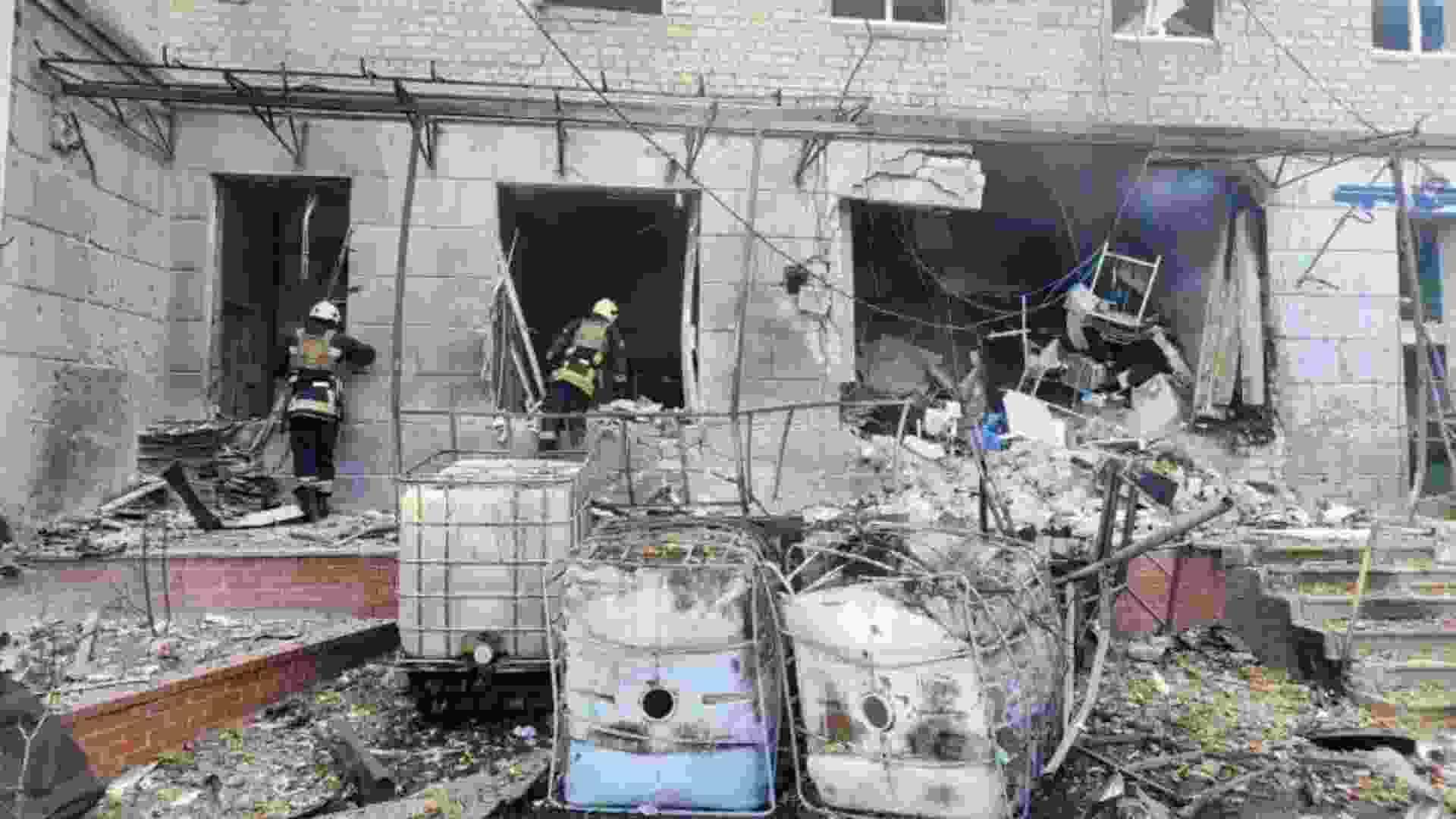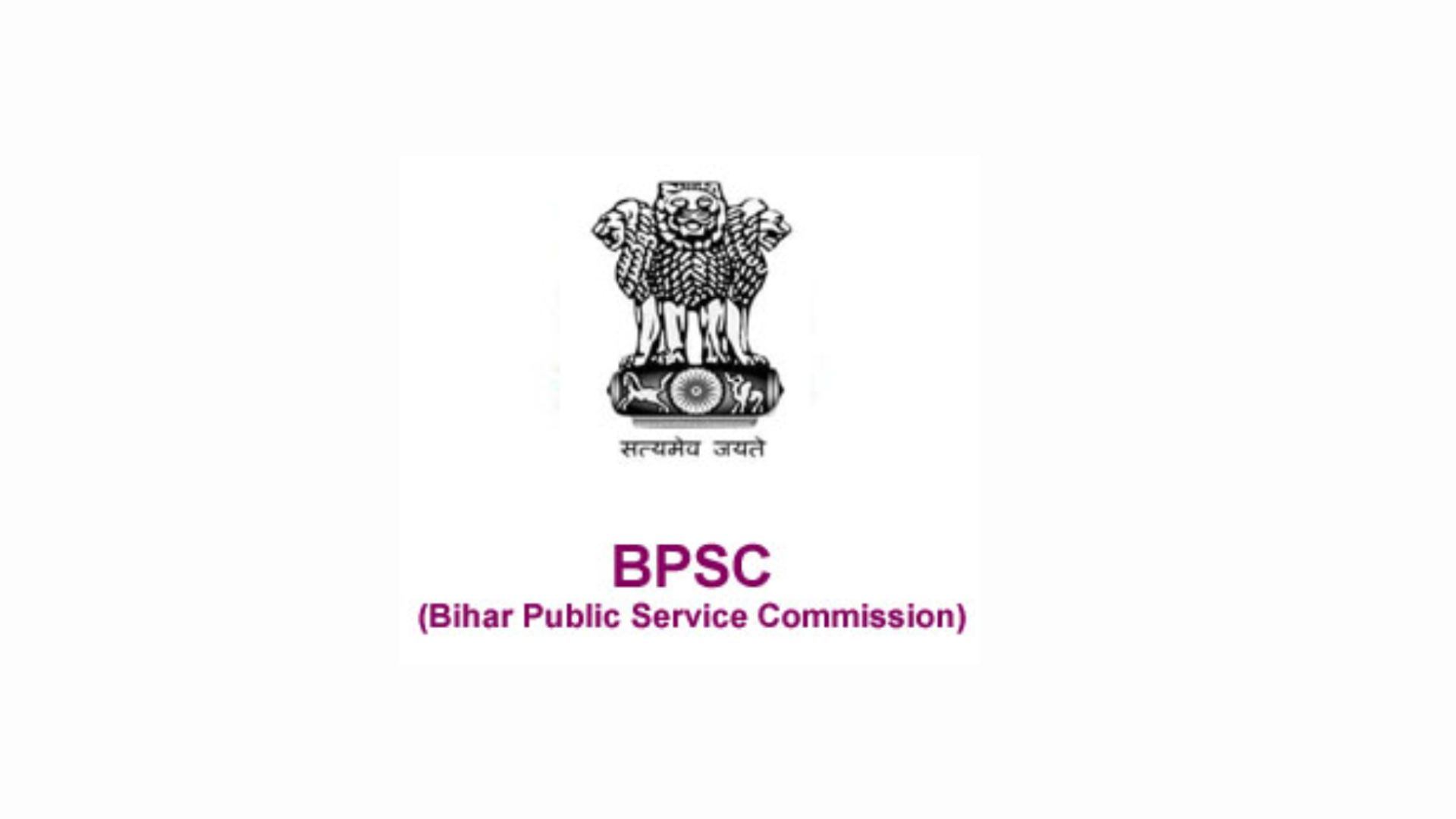A groundbreaking study on AI model-based breast cancer detection has garnered renewed attention following a recent tweet by business mogul Anand Mahindra. The study, conducted by the Massachusetts Institute of Technology’s Computer Science and Artificial Intelligence Laboratory (CSAIL) and the Jameel Clinic, was first published in January 2021 but has gained viral status thanks to Mahindra’s endorsement. He commented on the potential impact of AI in healthcare, stating, “If this is accurate, then AI is going to be of significantly more value to us than we imagined and much earlier than we had imagined…(sic).”
The research introduces “Mirai,” an advanced deep learning system designed to predict breast cancer risk up to five years in advance, even in the absence of symptoms. This AI model leverages mammograms—standard X-ray images of the breast—to assess risk. It stands out for its ability to maintain high accuracy despite variations in clinical settings, such as different types of mammography machines.
Mirai was trained using over 200,000 mammogram exams from Massachusetts General Hospital (MGH) and has been further tested in international locations, including Karolinska Institute in Sweden and Chang Gung Memorial Hospital in Taiwan. The model has demonstrated superior performance compared to existing risk-assessment algorithms, including the Tyrer-Cuzick model, by predicting nearly twice as many future cancer diagnoses.
The AI system’s architecture comprises four key modules:
- Image Aggregator: Collects and processes all conventional mammography images to create a comprehensive representation of the mammogram.
- Data Aggregation: Compiles image data from various views.
- Risk-Factor Prediction: Utilizes mammography to estimate the patient’s risk factors if available.
- Additive-Hazard Layer: Combines patient risk variables and mammography analysis to forecast annual risk over the next five years.
Adam Yala, the study’s lead author from MIT, emphasized the model’s capacity to extract subtle cues from mammograms that indicate future cancer development. Regina Barzilay, a professor at MIT, highlighted Mirai’s advantage over traditional models, noting its consistent performance across diverse races, ages, and family histories.
As AI technology continues to evolve, This AI model represents a significant leap forward in personalized cancer prevention, offering hope for earlier detection and more effective management of breast cancer.
















